The Meet-Cute: The Big Sick, The Lunchbox and In the Mood for Love
September 24, 2021 By Go BackReelworld Screen Institute staff members Safia Abdigir, Hannah Yohannes, Alison Cosgrove and Pahull Bains take over Hollywood Suite’s four channels Sept 29 and 30 showcasing some of their favourite films from the 70s through to today.
Famed film critic Roger Ebert once described the meet-cute as “a comic situation contrived entirely for the purpose of bringing a man and a woman together, after which they can work out their destinies for the remainder of the film.” The concept has been around practically as long as films themselves, becoming a staple of Hollywood screwball comedies in the 1930s and 40s. Billy Wilder, the man behind some of the most iconic romances on screen, such as Sabrina and The Apartment, kept a running list of meet-cute ideas in a notebook, ready to drop into a screenplay at a moment’s notice. In the decades since, we’ve seen all manner of meet-cutes grace our screens across different genres, languages and cinematic styles. (Fortunately, they’ve since expanded beyond heterosexual relationships too.) Here are three that range from the ludicrous to the chaste to the lonesome.
The Big Sick
The premise of The Big Sick is laughably, implausibly over-the-top: Boy meets girl, they fall in love, girl breaks up with boy… and ends up in a medically-induced coma, which draws the boy back into her life. Sounds melodramatic, but here’s the thing: it actually happened. Starring Zoe Kazan and Kumail Nanjiani (who co-wrote the script with his wife Emily V Gordon), the film is based on Nanjiani and Gordon’s real-life love story, which begins with Emily heckling the comedian during his stand-up set at a Chicago bar. (If there were ever a competition for world’s cutest meet-cutes, this one would have a solid shot at the top prize.) Many evenings of witty banter and undeniable chemistry later, the budding romance is cut short when Emily discovers that Kumail’s traditional parents (played by veteran Indian actors Anupam Kher and Zenobia Shroff) expect him to marry a Pakistani woman of their choice. The relationship implodes but when a medical condition lands Emily in the hospital, Kumail ends up back at her side—and in the uncomfortable position of having to spend time with her parents while she’s in a coma.
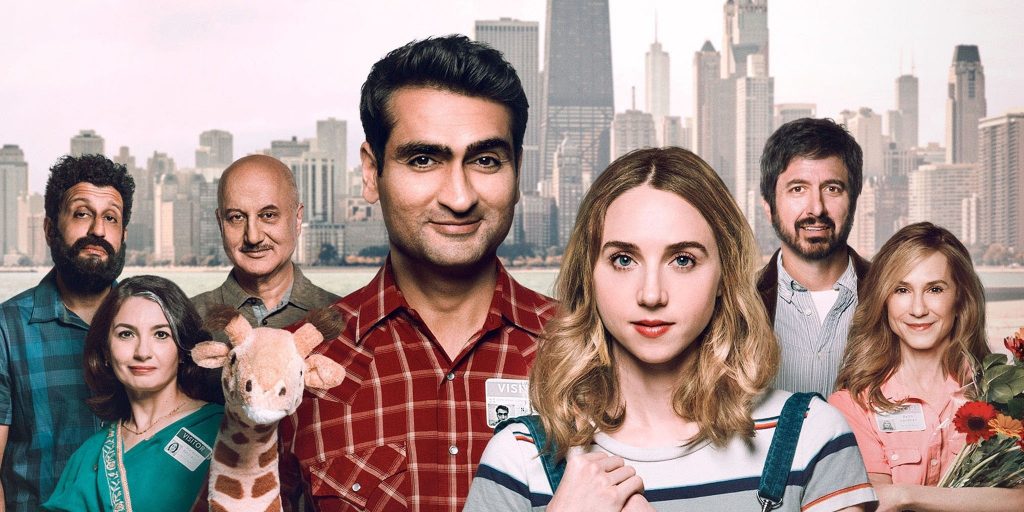
The charming romance at the start of the film gives way to a dark comedy, supported superbly by Ray Romano and Holly Hunter, who play Emily’s parents. Nanjiani and Gordon were nominated for a Best Screenplay Oscar for the film, and you can see why. It’s not easy to find the humour in life-threatening disease, in the terror of possibly losing a child, or in the awkwardness of meeting the parents of a person you hurt, but The Big Sick navigates all these messy layers and tones with confidence and tenderness, without ever sacrificing its playful humour.
The Lunchbox
In The Lunchbox, Indian director Ritesh Batra’s feature debut, the meet-cute doesn’t happen in person at all but through food, inadvertently delivered to the wrong person. The film is set in Mumbai, renowned for its infallible meal delivery service run by a sprawling network of deliverymen (“dabbawallas”) who transport freshly cooked lunches from homes and restaurants to offices across the city, returning the empty lunchboxes to their owners at the end of the day. One day, that faultless service hits a snag and a lunchbox cooked by Ila, a lonely housewife, for her husband is accidentally delivered to a stranger—Saajan, a widower on the verge of retirement.
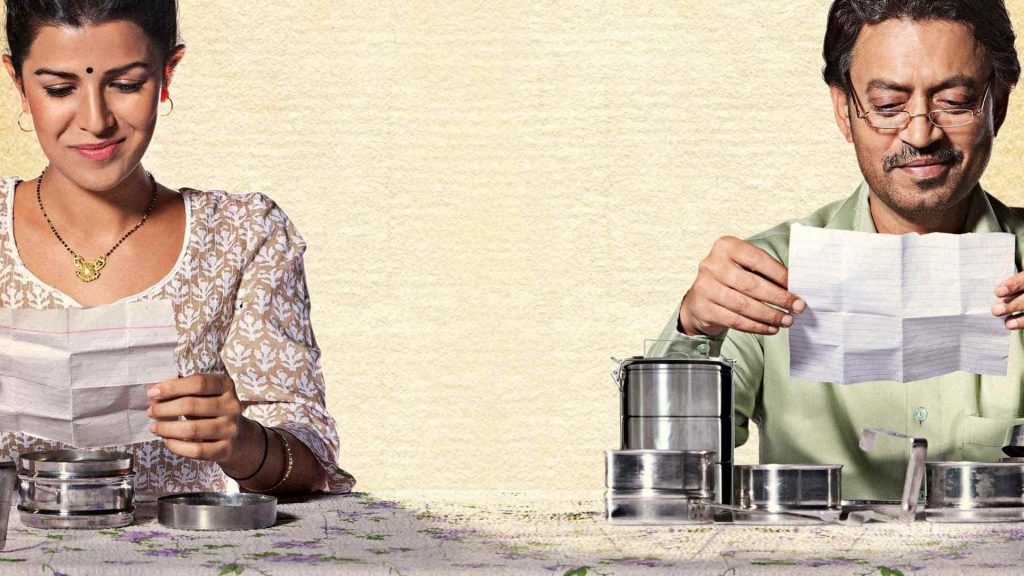
Ila writes a brief note to Saajan explaining the error, kicking off a correspondence that grows into a friendship and eventually a romance with every letter passed back and forth between the two, smuggled in that unassuming tiffin box. Music by Grammy-nominated composer Max Richter scores the film, matching the subtle and unhurried performances of the two leads, Nimrat Kaur and the late, great Irrfan Khan. Amidst the chaos and hectic pace of Mumbai, these daily notes push two strangers to discover joy in the simplest of acts—in the sharing of a few thoughts, secrets, and memories with another.
In the Mood for Love
Possibly the only thing that could be called “cute” in this languid, dream-like Wong Kar-Wai film is the way the protagonists meet—they move into adjacent apartments on the same day and must introduce themselves because the delivery people keep mixing up and bringing the wrong items to the wrong door. What unfolds from there is a story of love, yes, but also isolation and loneliness. The central characters, Mr Chow (played by Tony Leung) and Mrs Chan (played by Maggie Cheung), learn that their spouses—who never appear in the film—are having an affair with each other. The shocking discovery, along with the fact that they’re neighbours, pushes the two strangers together (actually, this might be the opposite of a meet-cute).
At first, their interactions are limited to brushing past each other in the apartment hallway or passing each other on the stairs leading to the same takeout joint. Mundane as these might sound, in Wong Kar-Wai’s hands these fleeting moments are imbued with emotion, heavy with loneliness and longing. Slowly, Mr Chow and Mrs Chan begin to spend more time together, engaging in a perverse experiment that involves them re-enacting how they believe their spouses might have begun their affair. Shot over the course of 15 months with a largely improvised script, the film is bathed in a sensual tension. Words go largely unspoken between the two, with their body language and loaded glances (filmed in tight, framed shots) doing most of the heavy lifting. There’s a reason for these intimate shots and restrictive locations (the entire film takes place in small rooms, slender hallways and narrow streets). It creates a claustrophobic atmosphere that serves as a metaphor for Mr Chow and Mrs Chan’s feelings of being trapped in loveless marriages, unable to break free of the societal expectations of 1960s Hong Kong, and also unable to convey their true feelings to one another.
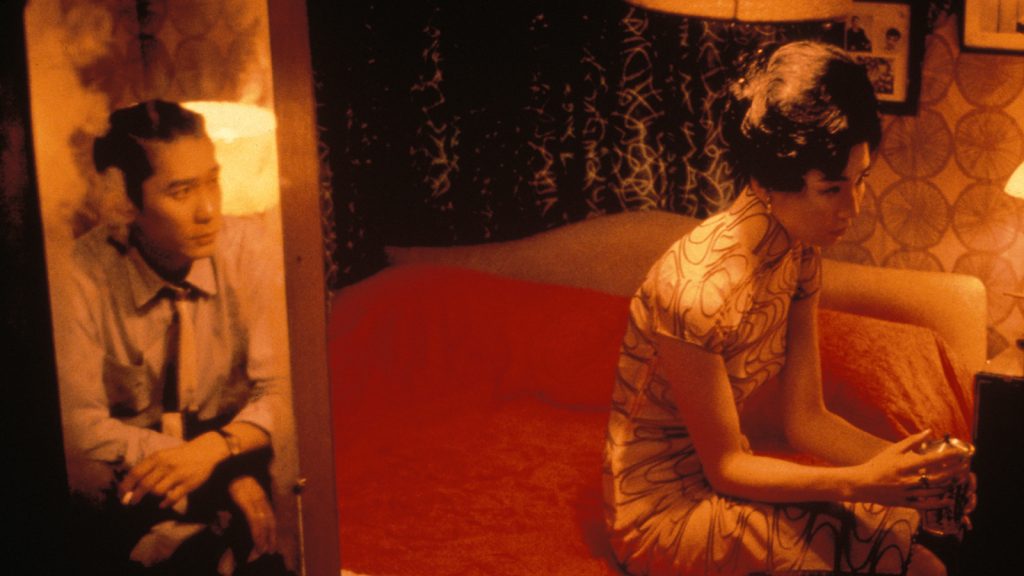
Awash in rich jewel tones evoking an Edward Hopper painting (incidentally, an artist famous for his depictions of lonely people), the film is achingly beautiful to look at, with a melancholic score you’ll never be able to shake once you’ve heard it. Though it clocks in at well under 2 hours, the film is a slow burn. Full of long, unhurried sequences, its goal is not to deliver a romantic climax but to follow the dance of it all, to capture the slow and measured circling of two people who are drawn to each other despite their best efforts not to be.
Pahull’s Picks – September 29
The Big Sick – 10:50pm ET on HS00
In the Mood for Love – 12:55am ET on HS00
Pahull Bains, Reelworld Outreach and Marketing Manager
Born and raised in India, Pahull is an experienced magazine writer/editor, with nearly 10 years experience in the industry and bylines in publications like Vogue India, GQ India, Wired and Billboard. Before coming to Reelworld, she was the Culture/Lifestyle Editor at FASHION Canada and remains a Contributing Editor at Vogue India, where she writes about film, fashion and the arts. As the Outreach and Marketing Manager at Reelworld, she works on sponsor, industry and media outreach.







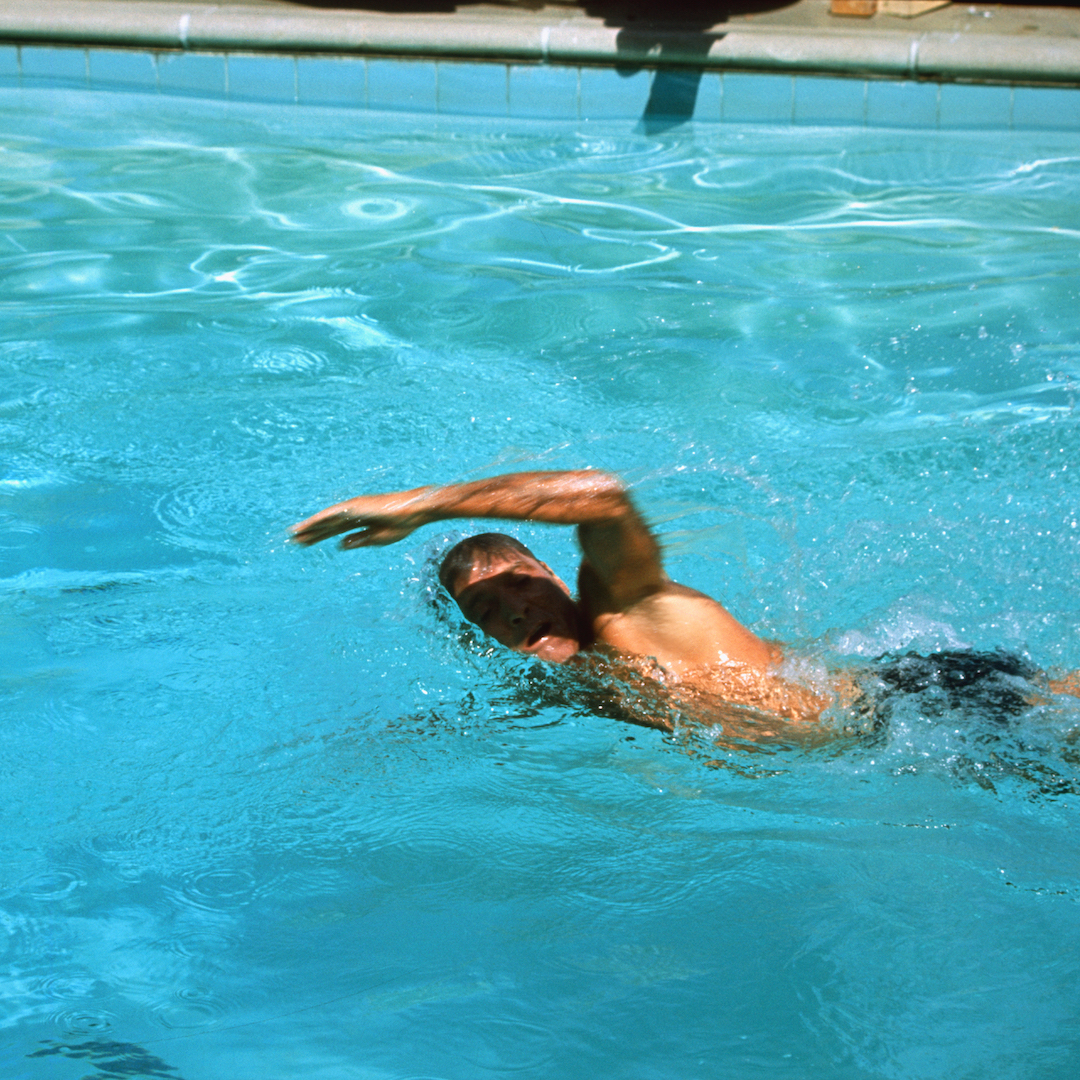

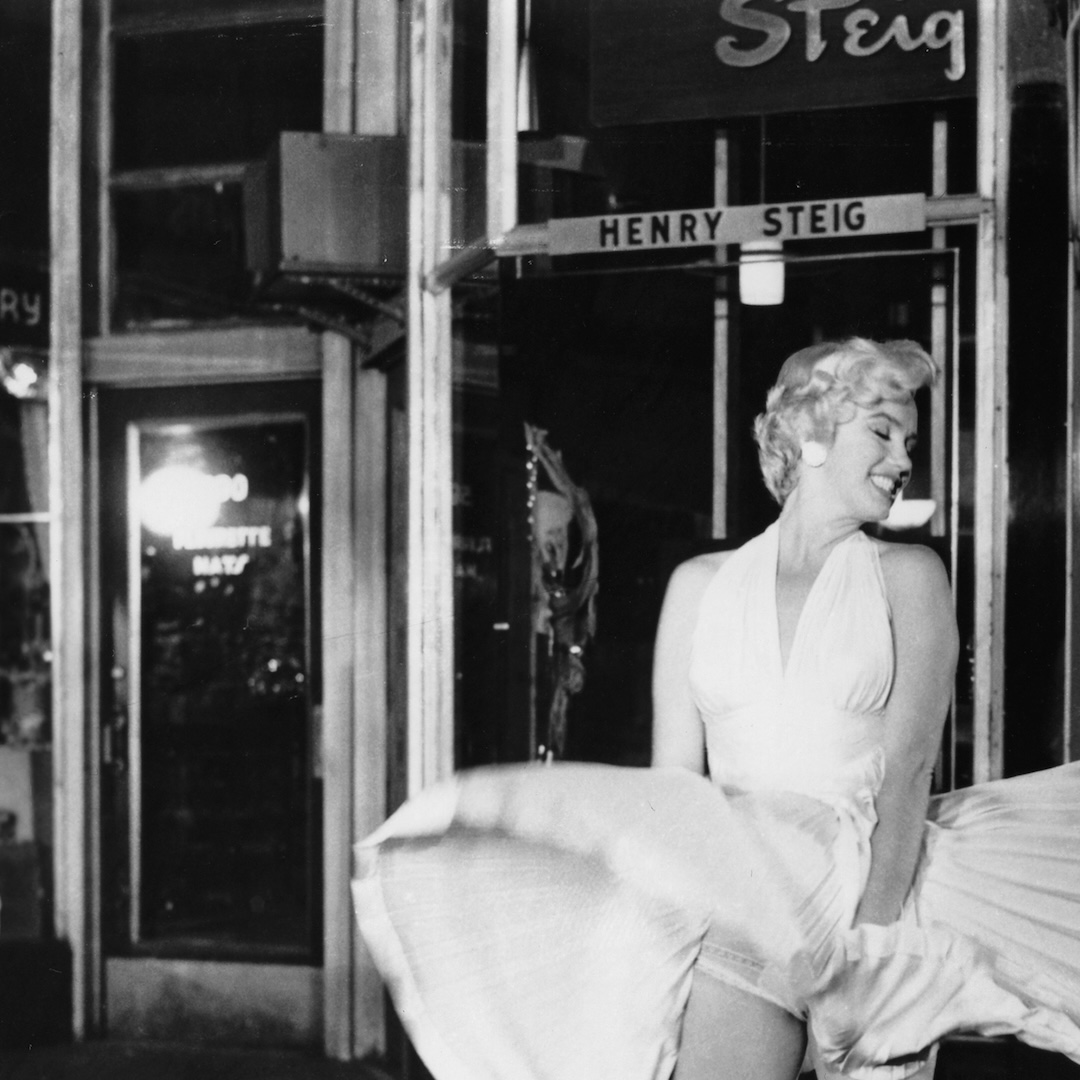

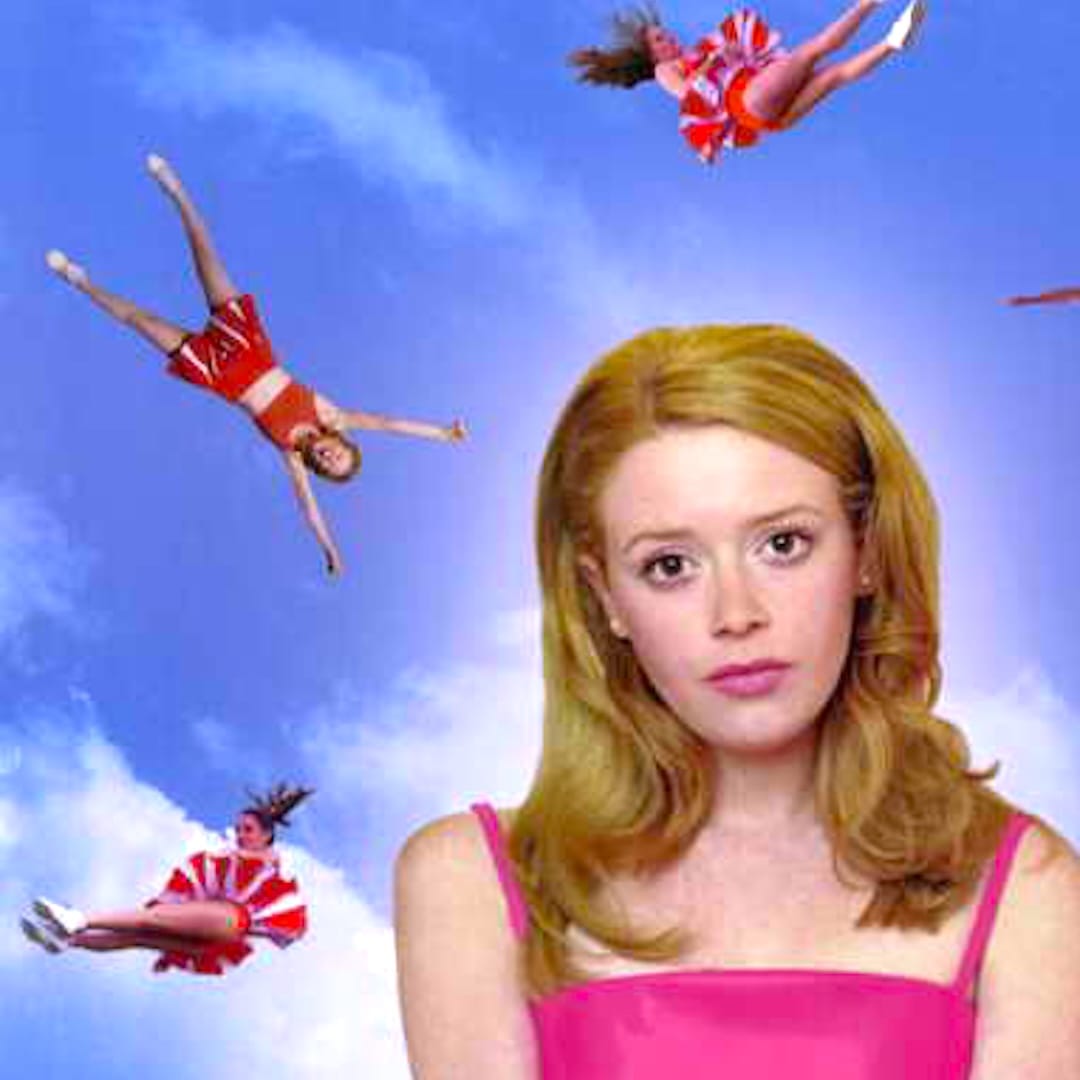

 Follow us on Instagram
Follow us on Instagram